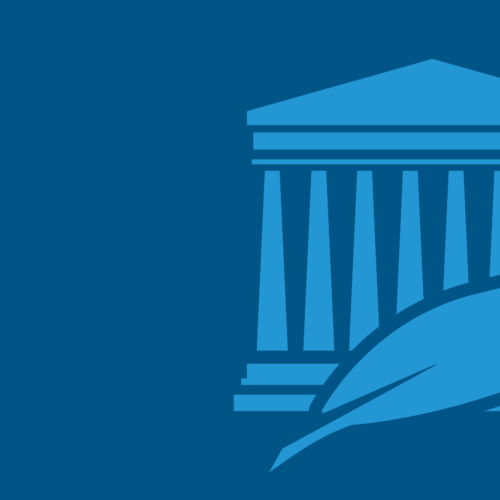Throughout the summer and into the fall, and then this winter, churches and synagogues have been pushing back against governors and local authorities who have decided that religious services are not “essential,” as those officials have defined many other businesses to allow groups of people to gather. Early efforts of churches to stop this discrimination that reached the Supreme Court were unavailing, by a 5-4 vote with Chief Justice Roberts joining the more liberal justices. The majority did not want to second-guess the shifting opinions of “experts” dealing with ever-changing local circumstances, even though religious organizations were being treated more harshly in terms of limits on group meetings than were many businesses. It was enough, for the majority, that some others, like theatres, were treated similarly.
The scene shifted when Justice Barrett replaced Justice Ginsburg. In cases brought by the Brooklyn Catholic Diocese and a Jewish synagogue challenging Gov. Cuomo’s worship attendance restrictions, a new 5-4 majority around Thanksgiving enjoined New York’s stricter limits because there were some comparable businesses that were treated more leniently than religious organizations. They pointed out that religion and its exercise is considered fundamental and “essential” under the First Amendment and enjoys a preferred position in our governmental system. Just this past Friday, February 5, 2021, the Court, this time with Chief Justice Roberts in the 6-3 majority, at the request of two Southern California churches enjoined Governor Newsom’s prohibitions on all indoor religious services. Justice Gorsuch complained that the fact that they even had to rule on the cases indicated a studied recalcitrance to applying their ruling in the Brooklyn case.
With these decisions now on the books, one would hope that government officials understand that religious duties must be considered just as “essential” for purposes of transacting operations as any other business or endeavor. And so, when looking at the priority lists for receiving vaccinations, one would expect religious workers such as priests and imams to be in the very first priority group. North Carolina and Pennsylvania have done this, but most state and local governments have not. In my own State of Maryland, the Priority Group 1 list includes workers divided into 50 different skills, including not just health care workers of various stripes but those in transportation, media, construction, and (thank you) legal fields. But no pastors or rabbis and those of their ilk. Why not? It’s not because our government officials can’t read Supreme Court decisions. It’s not because they fail to understand that religious ministers deal directly with other people. It’s because those making the lists just don’t get it: they don’t understand that religious worship, including group observance, is just as important as other group activities. They don’t understand that priests and imams are just as essential as other workers in other fields. They don’t understand that spiritual concerns are just as essential, if not more so, than physical ones. As it is now, though, my pastor is not permitted to visit one of his congregation if they are admitted to the hospital.

